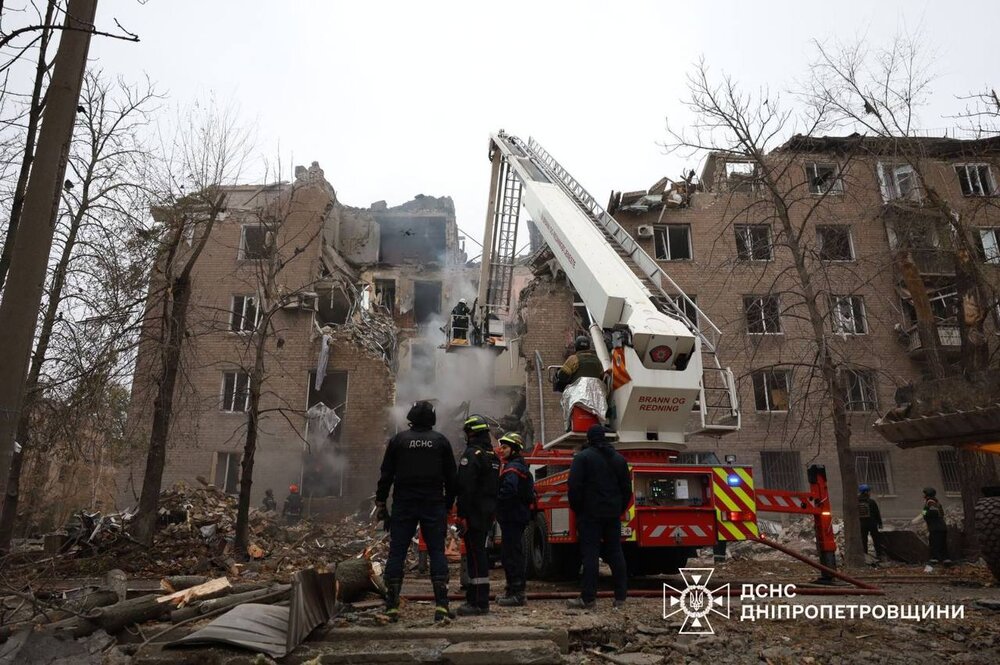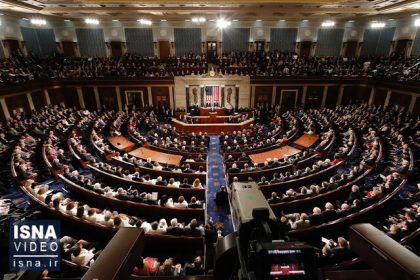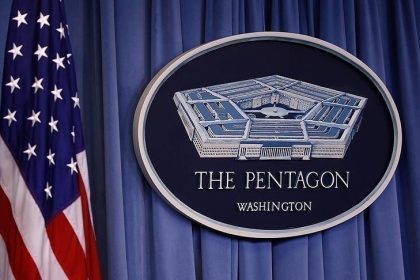The Washington Post: Ukraine’s European allies are considering the “Land for Peace” taboo
According to a US media report, Kiev’s European allies are increasingly preparing to negotiate Russia’s war in Ukraine, which could include territorial concessions in exchange for security guarantees for Kiev.
According to Isna, among the European allies of Ukraine, there is a slow but growing shift towards the idea that the war with Russia will end only through negotiations between Kiev and Moscow, including the concession of Ukrainian territory.
This conversation has become more urgent with the victory of “Donald Trump” in the American elections. The US president-elect says he will end the war quickly. Although he declined to give specifics, he has indicated that he could support a deal that would keep some of the captured territory in Russian hands.
In Europe, these closed-door discussions have also been fueled by the bleak battlefield situation, with Ukrainian forces on the defensive and fears of US funding cuts.
A Washington Post interview with 10 current and former European and NATO diplomats shows that while announcements of continued support continue, some of Ukraine’s allies are increasingly looking to lay the groundwork for talks between Ukraine and Russia, even as the parameters of a deal remain unclear. is left
European and NATO officials acknowledge that talk of territorial concessions no longer creates tension as they once did, and diplomats describe it not as “land versus peace” but as Ukraine’s “land versus security.”
“I think everyone has more or less come to the conclusion that it’s difficult to say it publicly because it’s a way of saying that we’re rewarding the ‘aggressor,'” said Gerard Areau, the former French ambassador to Washington.
“Certainly this is no longer a side issue,” said one Western official who, like others interviewed for this article, spoke on condition of anonymity to discuss a sensitive issue.
It’s unclear exactly what a deal might look like, and diplomats are weighing so-called peace plans that have been floated since Russia invaded Ukraine in 2022.
According to the Washington Post, with Russian forces dominating almost one-fifth of Ukraine, including the eastern Donbass region and the Crimean Peninsula, keeping the current front lines or drawing the border line still means ceding parts of Ukraine’s territory.
Camille Grand, former assistant secretary general of NATO and a prominent member of the Council of Europe’s policy on foreign relations, said: “There is now a widespread understanding that the negotiations may be held sooner than expected, and that this will involve some concessions from both sides. “
He said European leaders have a big question mark about how Trump’s team will proceed, and while they hope the next US administration will bring Russia to the negotiating table, they worry Ukraine is cornered and headed for a ” “Bad deal”.
European policymakers say they must continue to strengthen Ukraine so that Kyiv has leverage if talks eventually begin. They also want to avoid being surprised if the incoming Trump administration pushes for a deal. In a phone call with Russian President Vladimir Putin, Trump briefly raised the issue of territorial concessions and advised the Russian leader not to escalate the war, several sources said.
Meanwhile, French President Emmanuel Macron said on Tuesday alongside NATO chief Mark Rutte that supporting the Ukrainian army as long as necessary is “the only way to negotiate.”
“And let me be clear, when this moment comes, nothing should be decided about Ukraine without Ukrainians, and nothing about Europe without Europeans,” he added.
Macron made it clear in a 25-minute phone call with Trump last week that any talks would have to include meaningful concessions from Moscow, people familiar with the matter said.
At a dinner of European leaders last week in Budapest, the Hungarian capital, many stressed financial and arms support for Ukraine and discussed how to keep funds flowing if the United States cut off funding, officials said.
An EU diplomat said the prospect of a future negotiated settlement was slowly gaining traction, but mostly behind the scenes. “Nobody in the room was publicly saying that we should leave Donbass,” he said.
As European countries try to convince Trump to stay on course to help Ukraine, they have increased defense spending and budgets for Ukraine to contain the fallout from a possible U.S. policy shift. They face an uphill battle to maintain aid in the long term, with European economies struggling and political chaos evident in countries including France and Germany.
end of message
News>RCO NEWS
RCO

















